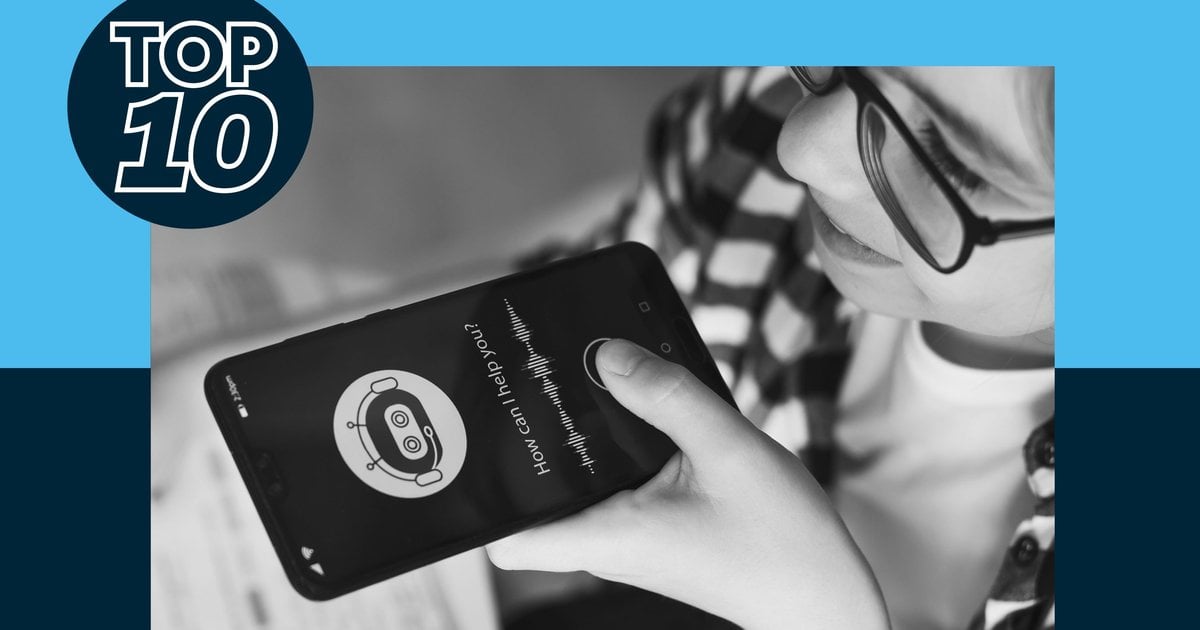

AI is omnipresent, and surprisingly, that’s actually beneficial for a change.
As we rush into a new era in mobile applications, one that ultimately strives to be an “agent” handling everything for us, it’s astonishing to reflect on the progress we’ve made in such a brief period. An increasing number of people are relying on ChatGPT, for better or worse, while Google is making efforts to integrate Gemini into every possible area. Moreover, we’re continuously seeing more “AI-enhanced” features with each upcoming flagship smartphone launch.
That being said, I understand that when it comes to actually utilizing AI on my diverse array of smartphones, Chromebooks, gaming handhelds, and the like, ultimately, everyone’s AI experience is similar. I ought to rephrase that to say, “everyone’s AI experience has the potential to be similar.” Regardless of how it’s articulated, the fundamental concept remains unchanged, as users with an iPhone 17 Pro, Pixel 10 Pro Fold, or Samsung Galaxy A26 can all leverage AI for the same tasks.
No, I’m not referring to the functionalities that Apple, Google, and Samsung attempt to market in various advertisements. That’s nice and all, but the shared feature between a device priced close to $2,000 and one that’s less than $200 is that both can download the same AI applications.
Presently, the leading contenders are Gemini, ChatGPT, Copilot, Claude, Perplexity, Grok, and DeepSeek. All these applications, along with many others, are accessible on either platform, guaranteeing you’ll consistently have access to your discussions and creations. Yes, there might be instances when the iOS version of ChatGPT receives something first, but the same can certainly hold true for Gemini on Android.
As of this writing, ChatGPT occupies the top position in the Play Store, with the next AI chatbot application not appearing until Microsoft Copilot at tenth place. Interestingly, the reverse is true on the Apple App Store, where Google Gemini currently ranks as the top free app, followed by ChatGPT in second and DeepSeek in fifth. This clearly illustrates that Google’s marketing efforts are bearing fruit, though there’s a solid argument to suggest that the iPhone serves as a better Google device than Android.
Apple is trying to catch up
Naturally, there’s another perspective on this, which reignites the classic “iOS vs. Android” discussion. Simply put, Siri is inadequate and pales in comparison to Gemini, ChatGPT, or even DeepSeek. Apple is so far behind that it formed a partnership with OpenAI and Google while launching “Apple Intelligence” last year.
Recently, Mark Gurman of Bloomberg disclosed that Apple “is preparing to introduce its own artificial intelligence-driven web search tool next year, intensifying competition with OpenAI and Perplexity AI Inc.” Based on the report, this appears to be an Apple-branded rendition of Gemini, as Gurman mentions “The companies reached a formal agreement…to evaluate and test a Google-developed AI model to assist the voice assistant.”
However, Apple isn’t halting there, as this AI-driven search will also be integrated into Siri. But rather than merely determining the game score or identifying a brand name, it’s said that Siri will finally be capable of “leveraging personal data and on-screen content to better address queries.” By reallocating resources from other divisions and sharpening its focus, Apple could unveil this significant upgrade as early as March 2026 with iOS 26.4.
Even so, while we await this major AI transformation, you can still download apps like Gemini, ChatGPT, Copilot, or Perplexity and execute numerous AI-related functions we anticipate seeing from Apple and Siri.
Everyone else is expanding the divide
In the meantime, Google has just unveiled new Gemini models, alongside a thorough overhaul and redesign of the Google Home app. Additionally, Gemini will be made available on our current smart speakers and Nest Hubs, a feature we’ve been anxiously looking forward to.
Simultaneously, OpenAI recently announced “Instant Checkout in ChatGPT,” enabling users to make purchases through AI. It also launched “ChatGPT Pulse,” which will “provide personalized updates based on your conversations, feedback, and linked applications such as your calendar.”
Why is any of this significant? Because all those innovative features from Google and OpenAI will soon be accessible on any device (if they aren’t already). So, while needing to install an app isn’t as fluid as having it embedded at the operating system level, does it truly matter considering the plethora of options available, especially when you can simply choose the app that suits you best in a given situation?
To answer my own question, no, it doesn’t genuinely matter. At least for now.